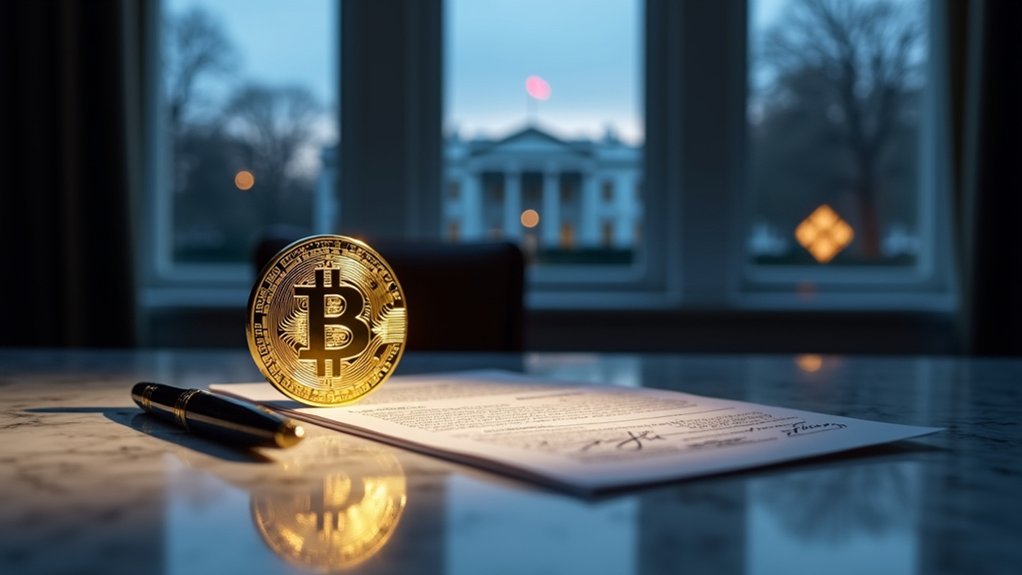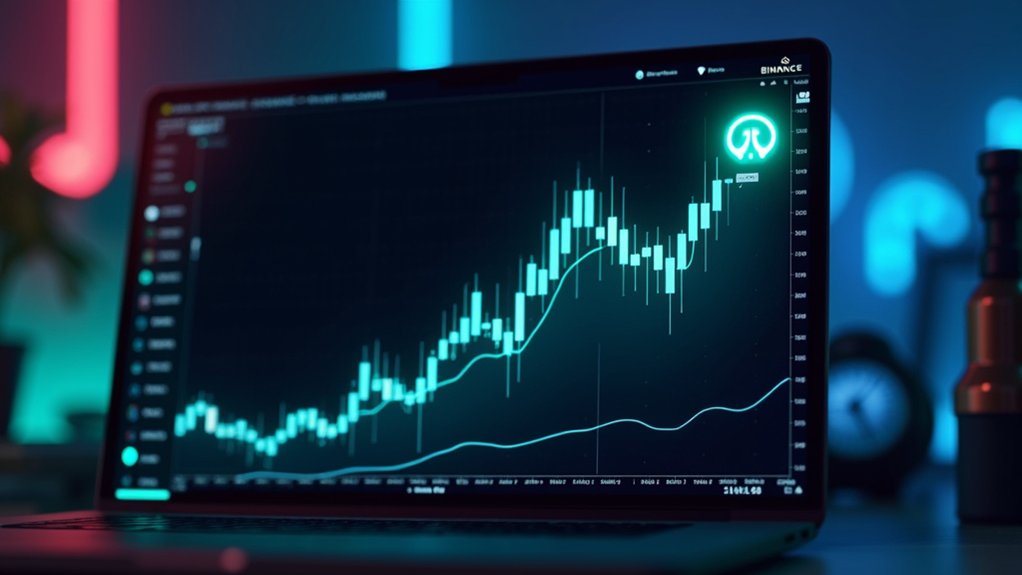As Donald Trump readies himself for a potential return to the White House, his family has been quietly exploring new business frontiers in the cryptocurrency world. Representatives of the Trump family have reportedly engaged in discussions with cryptocurrency exchange Binance regarding a potential stake in its U.S. arm. Talk about timing.
While Trump eyes the White House, his family quietly circles Binance’s U.S. operations for a potential stake. Impeccable timing, indeed.
The negotiations kicked off after Binance approached Trump allies earlier this year, with longtime Trump friend Steve Witkoff serving as the key negotiator. It’s all part of Binance’s strategy to re-enter the American market after regulatory troubles sent its U.S. market share plummeting from 27% to a measly 1%. Quite the fall from grace.
Binance isn’t just seeking business opportunities—there’s more at stake. Founder Changpeng Zhao, who recently completed a four-month prison sentence related to anti-money laundering violations, is reportedly seeking a presidential pardon. The company pleaded guilty to these violations in 2023, paying a hefty price for its regulatory missteps.
For the Trumps, this potential deal aligns with their growing cryptocurrency portfolio, which already includes World Liberty Financial, a Trump-backed crypto venture. Binance offers access to over 350 cryptocurrencies and more than 1,300 trading pairs, making it an attractive investment opportunity. The exact form and size of the potential Trump family stake remain undetermined, though Binance recently secured a $2 billion investment from UAE-based MGX fund.
The crypto world has greeted the news with mixed reactions. Some see it as a boost for mainstream acceptance of cryptocurrencies, while others worry about the unprecedented overlap of business and government roles.
The potential deal raises eyebrows about conflicts of interest, especially as the Trump administration signals plans to roll back crypto regulatory restrictions.
If the deal materializes, it could profoundly impact the crypto industry’s regulatory landscape and accelerate institutional adoption. Market confidence might improve, but concerns about power centralization will likely persist.
The bottom line? This potential partnership represents a high-stakes gamble for both parties—one that could reshape the American cryptocurrency market for years to come. Welcome to the wild intersection of politics and crypto.





